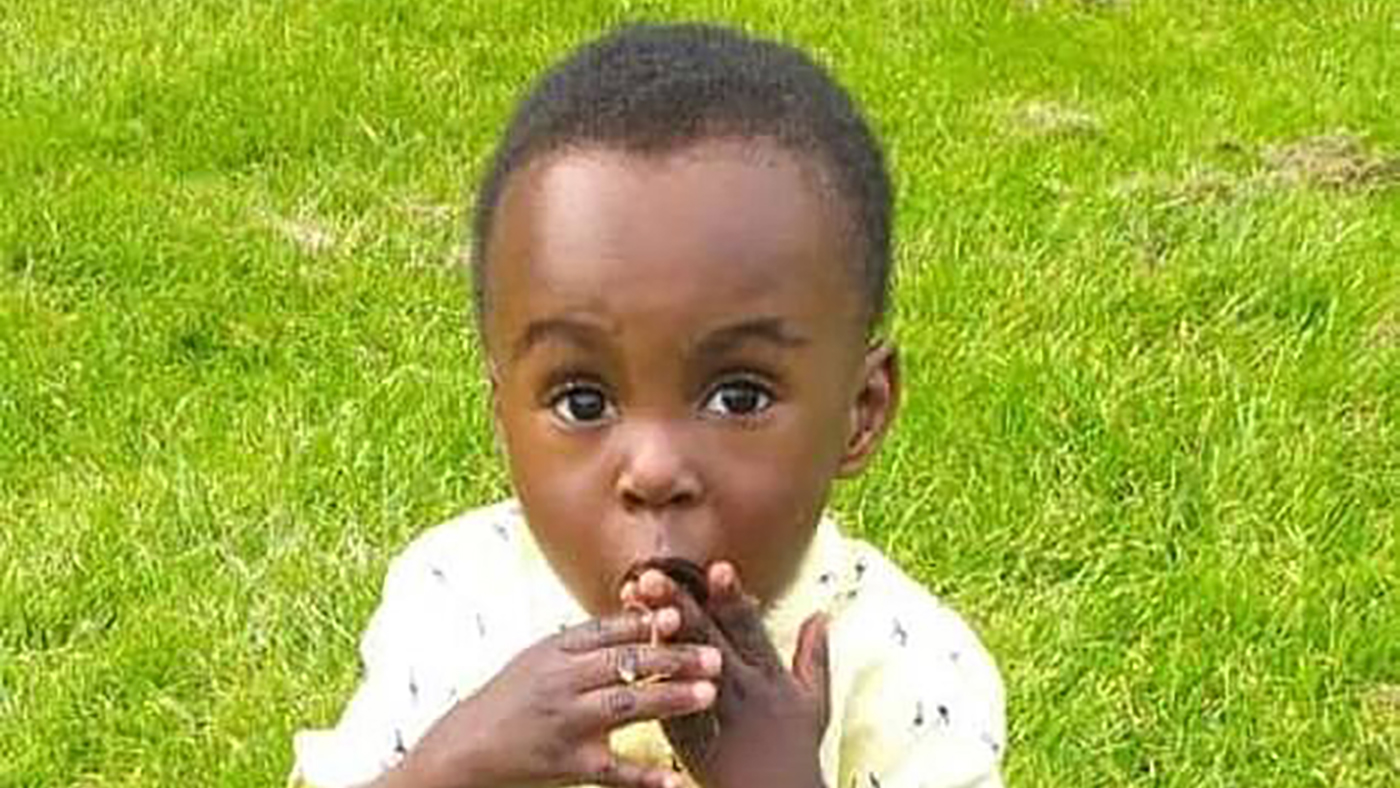Awaab Ishak: a death to shame the nation
Inquest into death of toddler concluded that exposure to mould in his home was to blame

A free daily email with the biggest news stories of the day – and the best features from TheWeek.com
You are now subscribed
Your newsletter sign-up was successful
In The Road to Wigan Pier, George Orwell describes the “smoke-dim” slums of northern England in the 1930s, said The Times – with their bug-infested bedrooms and dripping walls. Our world has been transformed since then, but the death of two-year-old Awaab Ishak is a stark reminder that millions of people in Britain are still living in appalling conditions, at the mercy of bad landlords.
The child of refugee parents from Sudan, Awaab was born in Rochdale in 2018. By then his father had already reported that black mould was growing on the walls of their poorly ventilated one-bedroom flat. The landlord, Rochdale Boroughwide Housing (RBH), had told him to paint over it; he did, but the mould returned, and spread.
He kept emailing, and a health visitor also sent RBH two letters stressing the risk to children of exposure to black mould. But no repairs were made. Awaab suffered from a series of coughs and colds, and in December 2020 he was admitted to hospital with breathing problems. Days later, he was dead. A post mortem revealed evidence of fungus in his lungs.
The Week
Escape your echo chamber. Get the facts behind the news, plus analysis from multiple perspectives.

Sign up for The Week's Free Newsletters
From our morning news briefing to a weekly Good News Newsletter, get the best of The Week delivered directly to your inbox.
From our morning news briefing to a weekly Good News Newsletter, get the best of The Week delivered directly to your inbox.
Coroner ruling
At his inquest last week, the coroner concluded that the child had died as a result of prolonged exposure to mould, said John Elledge in The New Statesman. In the wake of her verdict, the chief executive of RBH was fired from his £185,000 a year job. But the conditions that led to this tragedy are not confined to Rochdale. Some 450,000 homes in England are blighted by condensation and mould.
Landlords like to imply that it is caused by “lifestyle” factors, as if tenants had chosen to live in this way. (An RBH officer made the unfounded assumption that their damp was partly down to Awaab’s parents engaging in “ritual bathing”.) But no one chooses to live in homes where walls are black with mould, and kids sleep in tents to avoid inhaling spores. These are just the homes that are available to them in a country that doesn’t build enough affordable new homes, or do enough to ensure that landlords, social and private sector, meet even basic standards.
Decline in standards
Standards have fallen to the point where 200,000 social housing homes have a potentially fatal “category one hazard”, said Hannah Fearn in The Independent; poor housing costs the NHS an estimated £1.4bn a year.
The Levelling Up Secretary, Michael Gove, has vowed to “name and shame” poor landlords, said Nigel Crisp in The Times. But this is mere “window dressing”. What we need, as a start, is better regulation to ensure new homes are fit for human habitation; and proper enforcement of existing regulations. “Shelter and food are basic human needs. No nation that neglects them can expect to prosper.”
A free daily email with the biggest news stories of the day – and the best features from TheWeek.com
-
 Quiz of The Week: 14 – 20 February
Quiz of The Week: 14 – 20 FebruaryQuiz Have you been paying attention to The Week’s news?
-
 The Week Unwrapped: Do the Freemasons have too much sway in the police force?
The Week Unwrapped: Do the Freemasons have too much sway in the police force?Podcast Plus, what does the growing popularity of prediction markets mean for the future? And why are UK film and TV workers struggling?
-
 Properties of the week: pretty thatched cottages
Properties of the week: pretty thatched cottagesThe Week Recommends Featuring homes in West Sussex, Dorset and Suffolk
-
 Growing a brain in the lab
Growing a brain in the labFeature It's a tiny version of a developing human cerebral cortex
-
 Mixed nuts: RFK Jr.’s new nutrition guidelines receive uneven reviews
Mixed nuts: RFK Jr.’s new nutrition guidelines receive uneven reviewsTalking Points The guidelines emphasize red meat and full-fat dairy
-
 Health: Will Kennedy dismantle U.S. immunization policy?
Health: Will Kennedy dismantle U.S. immunization policy?Feature ‘America’s vaccine playbook is being rewritten by people who don’t believe in them’
-
 Obesity drugs: Will Trump’s plan lower costs?
Obesity drugs: Will Trump’s plan lower costs?Feature Even $149 a month, the advertised price for a starting dose of a still-in-development GLP-1 pill on TrumpRx, will be too big a burden for the many Americans ‘struggling to afford groceries’
-
 Ultra-processed America
Ultra-processed AmericaFeature Highly processed foods make up most of our diet. Is that so bad?
-
 The quest to defy ageing
The quest to defy ageingThe Explainer Humanity has fantasised about finding the fountain of youth for millennia. How close are we now?
-
 The battle of the weight-loss drugs
The battle of the weight-loss drugsTalking Point Can Novo Nordisk and Eli Lilly regain their former stock market glory? A lot is riding on next year's pills
-
 An insatiable hunger for protein
An insatiable hunger for proteinFeature Americans can't get enough of the macronutrient. But how much do we really need?